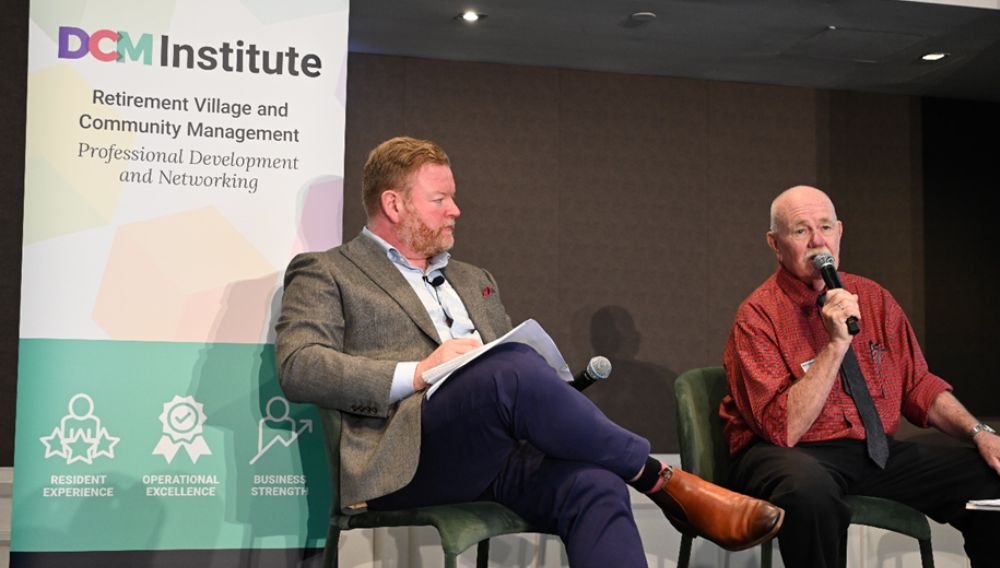
Is your village dementia-friendly?
Back in 2019 I wrote about a new program Dementia Australia had developed called Dementia Friendly communities Dementia-friendly communities | DCM Institute (thedcminstitute.com.au). There are now 51 regions that have implemented the Dementia Friendly communities’ program in their local area.
By 2058 the number of people with dementia is expected to increase to almost 1.1 million. Anecdotally I am hearing the impact of this increase is already being felt in villages across the country as its prevalence increases with this next generation as residents live longer in villages.
Dementia can be a significant contributor to behaviour change.
“There are many reasons why a person’s behaviour may be changing. Dementia is a result of changes that take place in the brain and affects the person’s memory, mood and behaviour. Sometimes the behaviour may be related to these changes taking place in the brain,” says Dementia Australia.
Managing changed behaviours can be very difficult and is often a matter of trial and error.
I know it can be hard sometimes if someone is acting angrily towards you but try to remember that the behaviour is often not deliberate. Anger and aggression are often directed against those closest to a resident, family members, neighbours, village professionals and carers can be included in this.
The behaviour is often out of the person’s control and they themselves may be quite frightened by it. Sometime trying a reassuring approach may assist.
Dementia Australia recommends the following strategies you can try when dealing with these situations:
- A calm, unstressed environment in which the person with dementia follows a familiar routine can help to avoid some difficult behaviours;
- Try to keep the environment familiar. People with dementia can become upset if they find themselves in a strange situation or among a group of unfamiliar people where they feel confused and unable to cope;
- The frustration caused by being unable to meet other people’s expectations may be enough to trigger a change in behaviour;
- If behaviour becomes difficult, it is best not to attempt any form of physical contact such as restraining, leading them away or approaching from behind. It may be better to leave them alone until they have recovered, or call a friend or neighbour for support;
- Try not to take it personally;
- Try not to use a raised voice;
- Avoid punishment. The person may not remember the event and is therefore not able to learn from it;
- Speak slowly, in a calm and reassuring voice, and
- Try not to become provoked or drawn into an argument.
Dementia Australia also boasts some great resources with further information on understanding and coping with changed behaviours.
Changing behaviours and dementia
Changed behaviours and dementia 1 – Changed behaviours
Coping with behaviour changes
Coping with behaviour changes | Dementia Australia
Training courses.
Courses – Centre for Dementia Learning | Dementia Australia.



